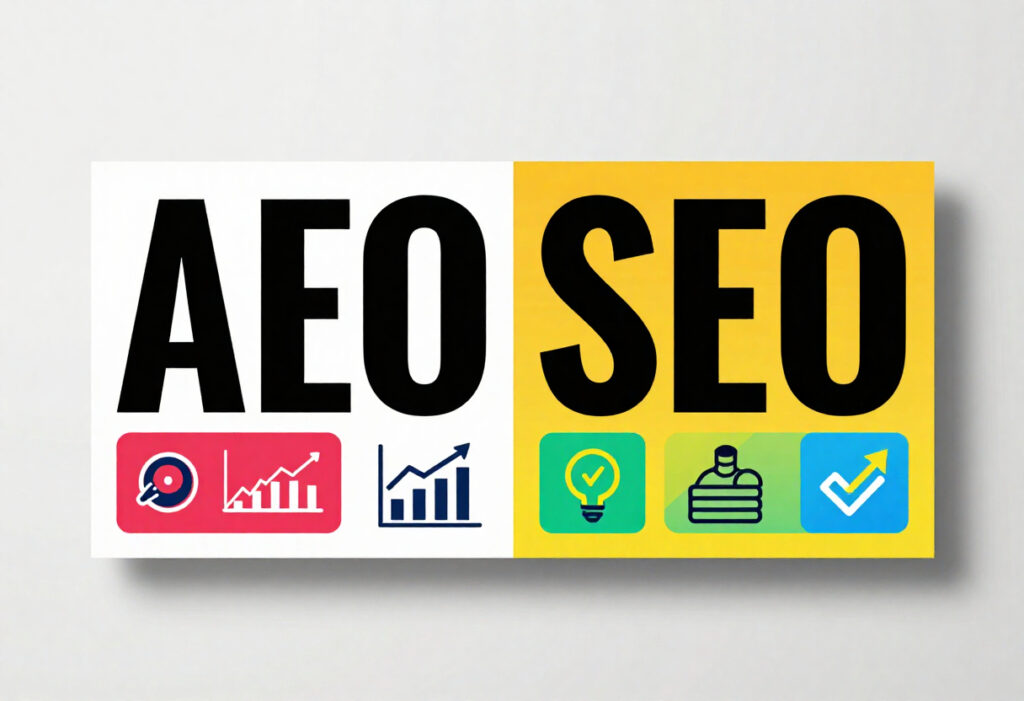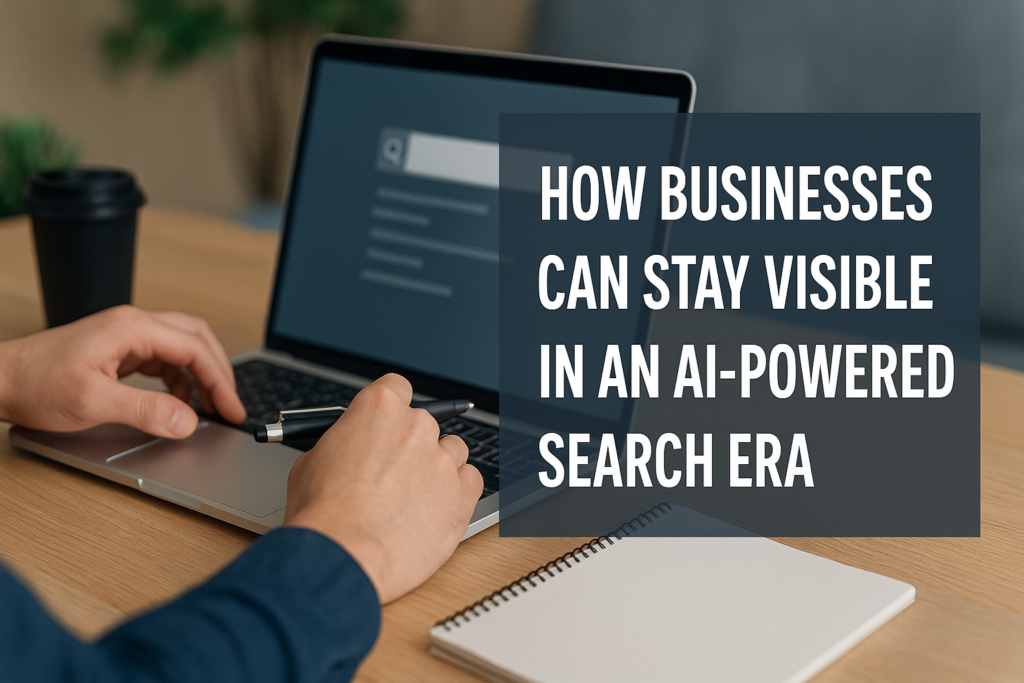
Digital marketing is changing continuously, and strategies that worked last year may no longer be effective. SEO has become more complex, with AI-generated answers, new user behaviors, and rising ad costs all reshaping how people find and buy products online. A strong SEO approach is no longer just one tactic—it’s the framework that supports long-term growth across platforms.
Think of SEO like the foundation of a digital marketing strategy. It’s not flashy on its own, but without it, everything else can fall flat. Paid ads, influencer campaigns, email flows—they all work better when organic search is already bringing in high-intent visitors who are ready to buy.
As the search landscape evolves in 2025, here are the key SEO strategies e-commerce stores should focus on to remain visible, competitive, and profitable.
1. Speed and Simplicity Win the UX Game
Google pays close attention to how users experience your site. If your store is slow, complex to navigate, or confusing, it won’t rank well, and people won’t stay.
Focus on:
- Fast page loading on mobile and desktop.
- Simple, easy-to-use navigation.
- Clear product filters.
- Accessible design (like using alt text and readable fonts).
- Fewer pop-ups and distractions.
Your goal is to make it easy for people to transition from search results to product checkout without delays or roadblocks.
2. Make Your Site Work with Google’s AI Overviews
Google’s AI-generated summaries (AEOs) are starting to appear at the top of search results, often pulling answers from reliable websites without requiring the user to click. That means your content needs to deliver clear, direct answers that AI can easily understand and feature.
Here’s how to do that:
- Structure blogs and product pages with questions and answers.
- Utilize schema markup, such as FAQs, to assist search engines in understanding your content.
- Keep answers concise, and use headings that reflect real search terms.
For example, instead of writing a long paragraph about a product, include short bullets explaining who it’s for, what it does, and why it’s worth buying.
3. Prove Your Store’s Trustworthiness with E-E-A-T
E-E-A-T (Experience, Expertise, Authoritativeness, Trust) is still one of Google’s most important signals. E-commerce stores can build trust through:
- Verified customer reviews.
- Accurate, expert-written product descriptions.
- Secure, transparent checkout processes.
- Helpful customer support.
Ensure your site appears and feels credible. A visitor should feel confident about buying from you the moment they land on a product page.
4. Prepare for More Zero-Click Searches
Google now answers many queries directly on the results page. Featured snippets, People Also Ask boxes, and AI Overviews reduce the need to click through to a website.
To get noticed in these features:
- Use bullet points, tables, and short paragraphs to explain key points.
- Write content that mirrors how people ask questions.
- Add summaries and definitions near the top of the page.
These formats make your content easier for Google to extract and feature, and increase your chances of being seen first.
5. Think Like Your Customers, Not an Algorithm
Keyword stuffing is outdated. These days, search engines are more intelligent and want content that mirrors how people speak and search. Focus less on exact phrases and more on intent.
Instead of obsessing over “best gaming mouse 2025,” aim for natural phrases like:
- “What makes a gaming mouse good for FPS games?”
- “Gaming mouse with customizable DPI for under $100”
Use tools like Google’s “People Also Ask” or “Also Asked” to see what your audience wants to know, and write answers that they’ll understand.
6. Organic Search Keeps Costs Down Over Time
Ad budgets aren’t going as far as they used to. CPCs (cost per click) are rising across Google Ads and Meta. SEO helps reduce your reliance on paid media by bringing in long-term, sustainable traffic.
A strong organic presence also shields your business against tracking changes, such as the removal of cookies or platform attribution issues. SEO is slower to build than ads, but its impact lasts longer. Think of it as planting a tree, not renting a billboard.
7. Treat Social and Retail Platforms Like Search Engines
People no longer rely on Google alone to research products. Many younger shoppers turn to YouTube, Reddit, and even Amazon for product ideas and answers. To stay ahead, your content strategy should extend beyond blog posts and include these other discovery platforms.
Think about:
- Creating short, helpful videos for Instagram.
- Posting visual guides and reviews on Pinterest.
- Optimizing your Amazon listings with keyword-rich titles.
- Engaging in Reddit threads with informative replies (not just sales pitches).
Repurposing content works well here; for example, convert a blog content into a video script, or an FAQ into a Reddit answer.
What’s Next for SEO in eCommerce Store?
Search is evolving fast. AI is changing how results are displayed. Shoppers are doing research across platforms. And expectations for speed, transparency, and relevance are higher than ever.
That means SEO needs to be a core part of your digital marketing plan; integrated from day one. It’s not just about ranking higher. It’s about helping people find what they need, trust what they see, and feel confident making a purchase.
Ready to Improve Your eCommerce SEO?
Webential is here to help your eCommerce store stay ahead on Google, Amazon, and other digital platforms. From Shopify SEO to making sure your content shows up in Google’s latest search features, we’ve got you covered.
Contact us today to see how we can increase your search traffic and conversion rates, and keep your store competitive.



